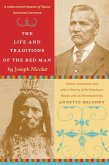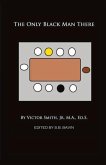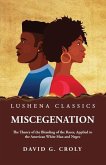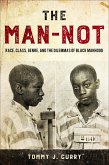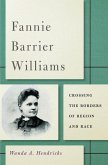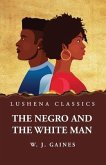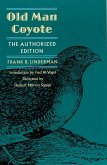Born to black slaves in 1836, H.C. Bruce took the name of his master, a farmer in Prince Edward County, Virginia. After years of slaving on the plantation in Missouri and working in tobacco factories, Bruce escaped to freedom in Kansas with his future wife. In the 1880s, he moved to the District of Columbia to take a federal job arranged by his brother, Blanche K. Bruce, a senator from Mississippi. The New Man is unusual in its double perspective: for Bruce's life was split by servitude and freedom, and his experience gave heightened meaning to both. Bruce provides insights into the slave's attitudes toward his masters and toward poor white people. He believes that "good blood" (a sense of honor and duty and domestic virtues) will tell, no matter the race, but he appeals to fairness in assessing the situation of emancipated slaves at the end of the Civil War: "They were set free without a dollar, without a foot of land, and without the wherewithal to get the next meal even, and this too by a great Christian Nation".
Hinweis: Dieser Artikel kann nur an eine deutsche Lieferadresse ausgeliefert werden.
Hinweis: Dieser Artikel kann nur an eine deutsche Lieferadresse ausgeliefert werden.


